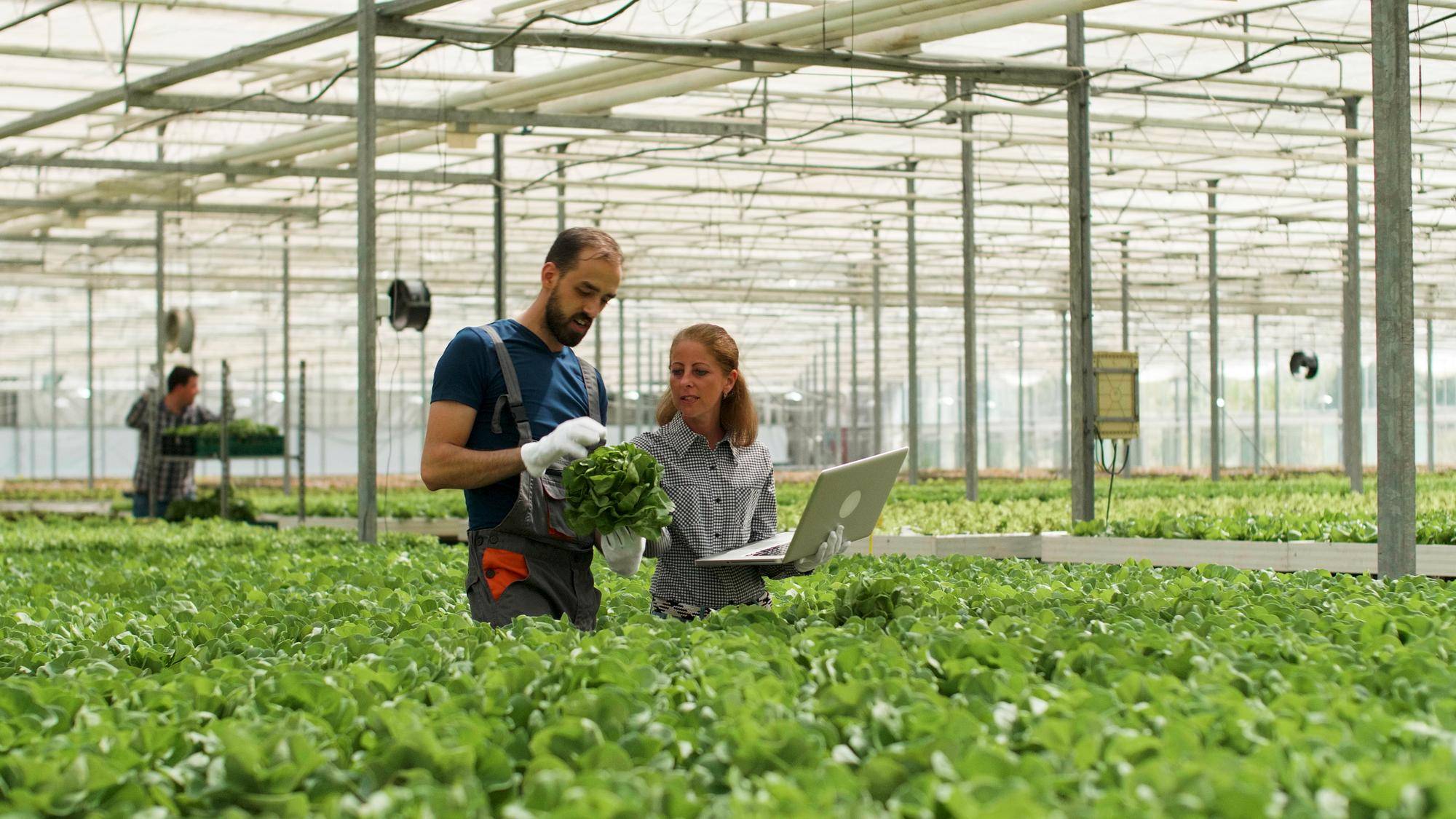Introduction
Sustainability in organic farming is no longer just a trend—it’s a necessity for long-term success in global markets. Consumers worldwide are becoming increasingly conscious of the environmental impact of their food choices, pushing businesses to adopt eco-friendly farming methods. For Indian exporters, implementing sustainable farming techniques not only helps preserve natural resources but also makes their products more competitive in international markets.
In this blog, we explore key sustainable practices that Indian farmers and exporters should adopt to meet global demand, reduce carbon footprints, and enhance product quality.
1. Agroforestry & Biodiversity Conservation
Agroforestry is a method of integrating trees and crops on farmland to enhance biodiversity, improve soil health, and create a natural ecosystem. By planting diverse crops alongside trees, farmers can naturally improve soil fertility, reduce dependency on chemical fertilizers, and create a balanced ecosystem that attracts pollinators and beneficial insects.
- Why it matters?
Countries like the USA, Germany, and the UK prioritize organic products that come from farms practicing biodiversity conservation. Exporters who source from such farms gain an advantage in these markets.
- How to implement?
Farmers can introduce multiple crop varieties, plant nitrogen-fixing trees, and avoid monoculture farming to promote a resilient and self-sustaining agricultural system.
2. Water Conservation & Efficient Irrigation Techniques
With water scarcity becoming a global issue, sustainable water management is critical for organic farming. Methods like drip irrigation, rainwater harvesting, and mulching can help conserve water while ensuring consistent crop yields.
- Why it matters?
Many European countries and the USA favor organic produce grown with sustainable water usage. Farms with proper water management strategies can gain certifications like GlobalG.A.P. and USDA Organic, increasing their export potential.
- How to implement?
Install drip irrigation systems to minimize water wastage.
Use organic mulch (such as dried leaves) to retain soil moisture.
Collect rainwater in storage tanks for irrigation during dry seasons.
3. Renewable Energy Integration in Farming
Shifting from conventional energy sources to solar-powered irrigation, biogas plants, and wind energy can significantly reduce farming costs and carbon emissions. Many Indian farms are now installing solar-powered water pumps and bio-digesters, which convert agricultural waste into usable energy.
- Why it matters?
Consumers and importers in countries like Japan and Canada are more likely to support businesses that use clean energy. Moreover, reducing energy costs directly benefits farmers, increasing profitability.
- How to implement?
Invest in solar panels for irrigation and storage units.
Convert organic waste into biogas for farm energy needs.
Use wind energy for powering processing plants.
4. Natural Pest Control & Soil Health Management
Instead of using chemical pesticides and synthetic fertilizers, organic farmers can maintain soil health through composting, green manure, and natural pest deterrents like neem oil and marigold plants.
- Why it matters?
Healthy soil leads to better nutrient absorption in crops, improving product quality. International buyers prefer organic food that is free from harmful chemicals and heavy metals, making naturally cultivated produce a top choice.
- How to implement?
Rotate crops annually to maintain soil fertility.
Use composted manure to enrich the soil.
Plant natural pest-repelling crops like garlic and basil around main crops.
5. Carbon Footprint Reduction & Sustainable Packaging
Eco-conscious consumers are now looking beyond just organic farming; they also want sustainably packaged products. Exporters should focus on biodegradable and recyclable packaging solutions like bamboo baskets, paper wraps, and compostable bags instead of plastic.
- Why it matters?
International markets are tightening regulations on plastic packaging.Adopting sustainable packaging helps businesses comply with these regulations while appealing to environmentally aware consumers.
- How to implement?
Switch to biodegradable pouches for organic grains and pulses.
Use recycled cardboard boxes for fruit and vegetable packaging.
Partner with sustainable packaging suppliers for export shipments.
Conclusion
By integrating sustainable practices such as agroforestry, water conservation, renewable energy usage, natural pest control, and eco-friendly packaging, Indian organic exporters can enhance their global market reach and meet growing consumer demand for ethical and eco-friendly food products.
Sustainable farming is the future, and businesses that embrace it today will be tomorrow’s leaders in the organic food export industry.














